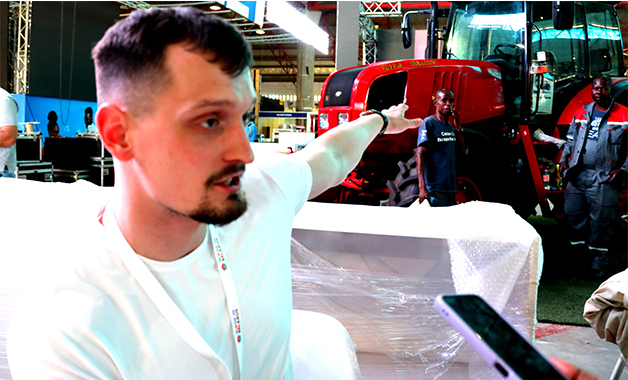‘Fair competition key for sustainable growth’

Oliver Kazunga, Senior Business Reporter
COMPETITION policy and law implementation are critical in fostering business efficiency and achieving inclusive economic growth in Zimbabwe, Industry and Commerce Minister Nqobizitha Ndlovu said yesterday.
In a speech read on his behalf by the deputy director in the Ministry of Industry and Commerce, Mrs Mary Chingozoh, at a function held in Bulawayo to mark the World Competition Day, he said fair competition was an enabler to sustainable growth.
The event was organised by the Competition and Tariff Commission (CTC).
“The use of instruments such as competition policy and law will become increasingly imperative for the achievement of industry efficiency and inclusive growth, which our country so desperately desires will be the foregone conclusion,” said Ndlovu.
“Today it is not proper to aim at growing the economy alone but also to ensure that growth is balanced and resources are shared equitably among our people.”
Minister Ndlovu noted that abuse of dominant positions, cartels, and anti-competitive mergers have long been identified to have adverse effects in achieving inclusive growth.
He said anti-competition tendencies should be a thing of the past.
“Enforcement of competition policy and law provides remedies to avoid situations that would lead to reduced competition in markets such as in the case of prospective anti-competitive mergers. Effective enforcement is important not only to sanction anti-competitive products but also to deter future anti-competitive practices,” he said.
CTC last year launched its competition policy whose goal is to address challenges related to the control of mergers and acquisitions, anti-competitive agreements, cartels and misuse of market power in key sectors.
“The policy enhances Zimbabwe’s ability to promote free entry into the market place by investors and all companies. The policy also helps in attracting both domestic and foreign investment inflows, promotion of incubation and transfer of technology as well as curbing unacceptable behaviour and contract. It also promotes efficiencies and competitiveness and enhances consumer welfare,” he said.
Earlier in his opening remarks, CTC chairman Engineer Anthony Mutemi traced the origins of the commission as a product of the Competition Act Chapter14:28 with a mandate of regulating competition and trade tariffs.
He said since 2009 to date CTC has examined 110 mergers and acquisitions, and 26 restrictive practice cases.
“A total of 109 were approved and one transaction was prohibited. During the period January 2018 to November 2018, the CTC has examined 10 mergers and acquisitions and one restrictive case, three were approved without conditions, one approved with conditions while seven are ongoing,” said Eng Mutemi.
The commission has also handled over 200 trade tariff applications to assist local industry.
It has recommended trade tariffs or duty reviews in the form of upward duty, protection of local industry and duty reduction on raw materials with a view to fostering the Zimbabwe’s products competitiveness in the region and beyond.
— @okazunga










Comments